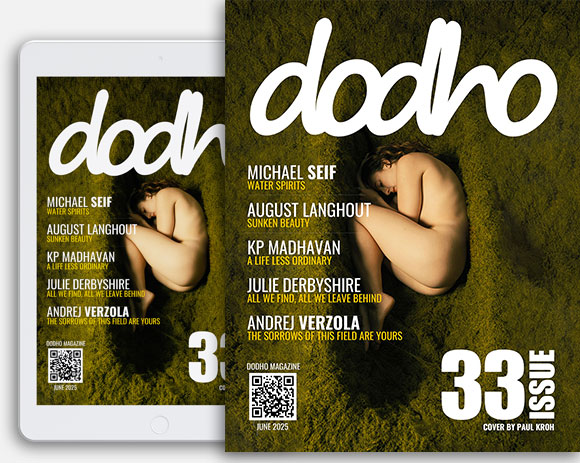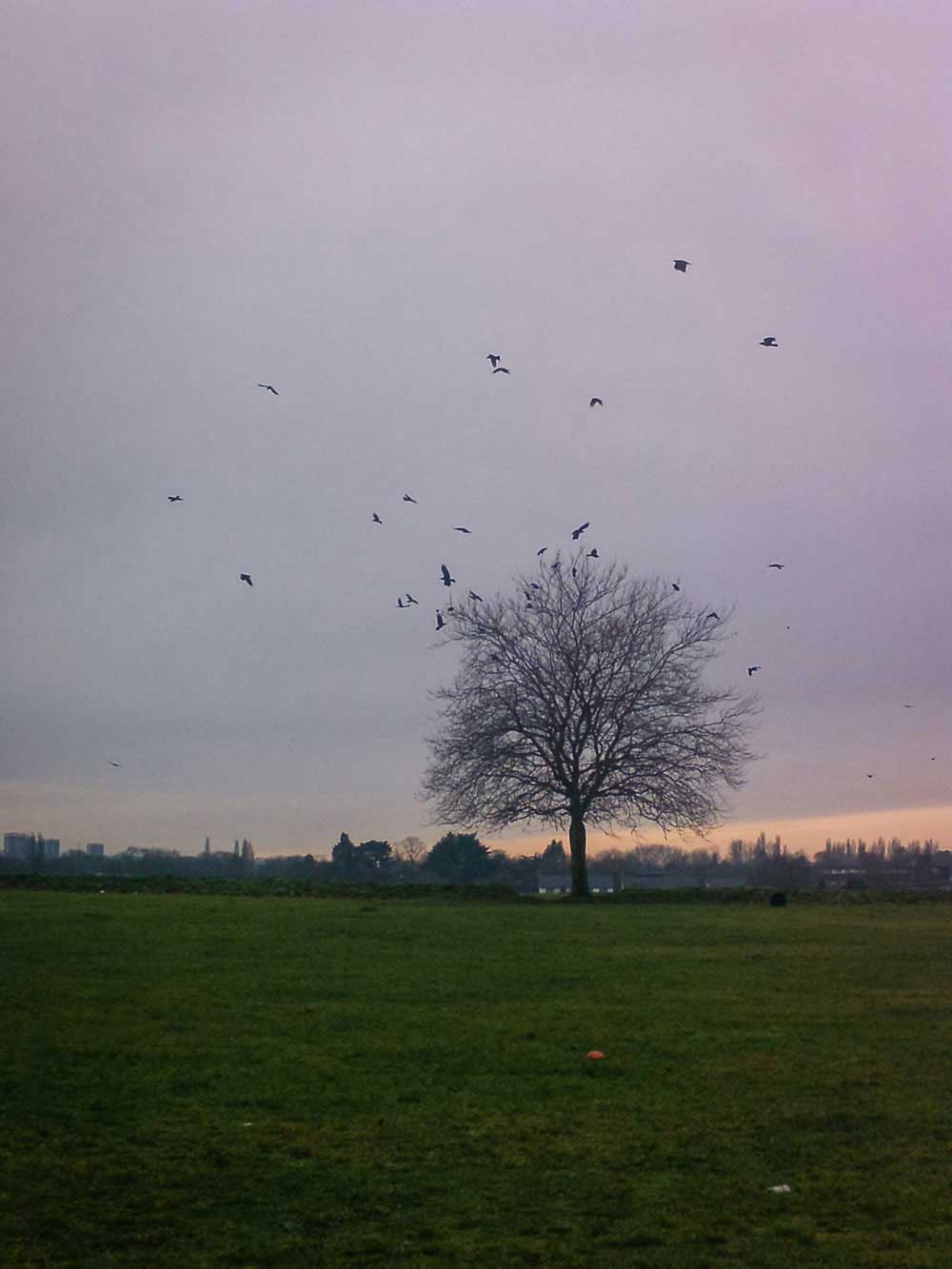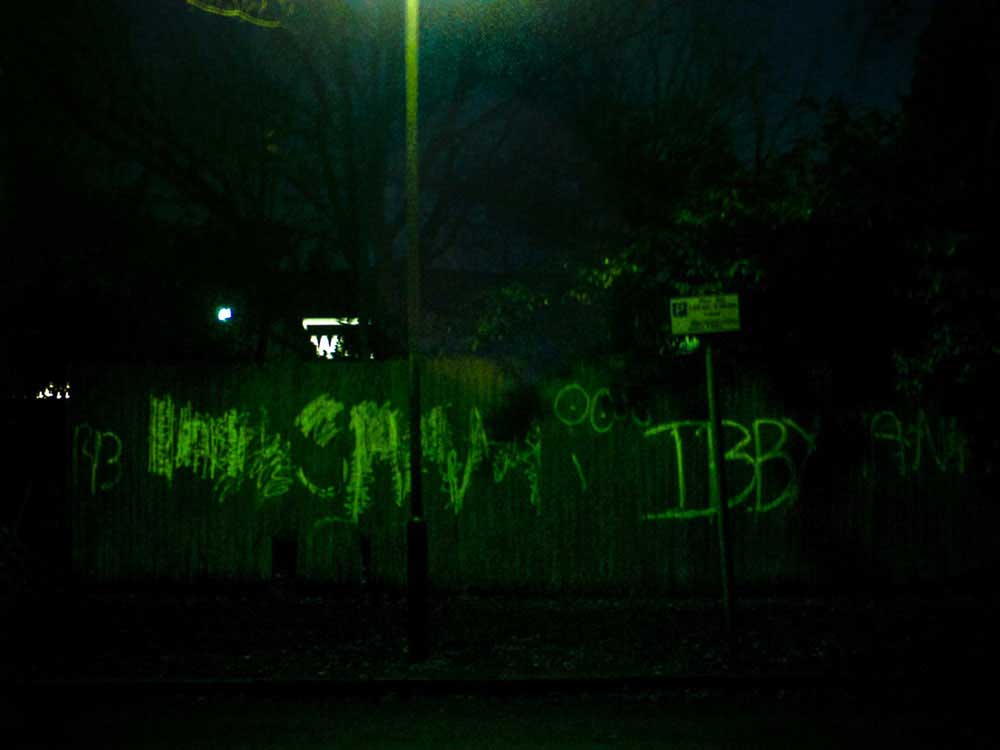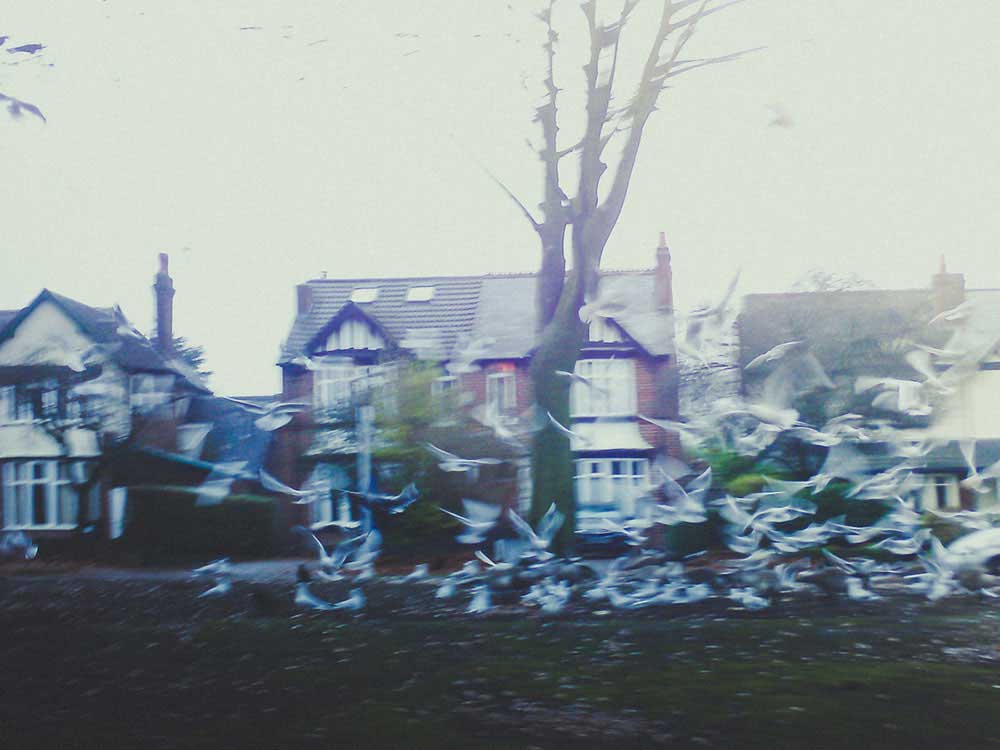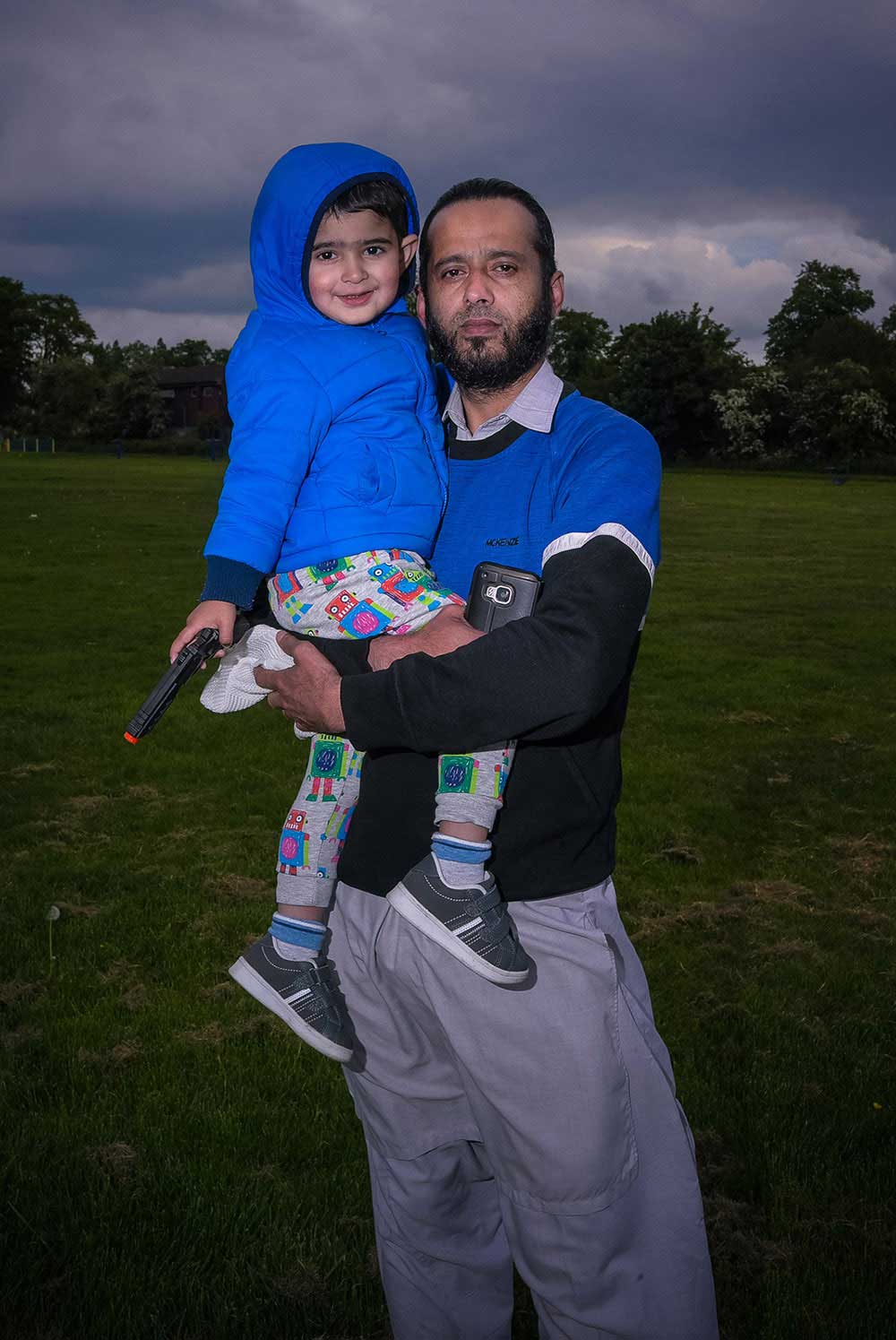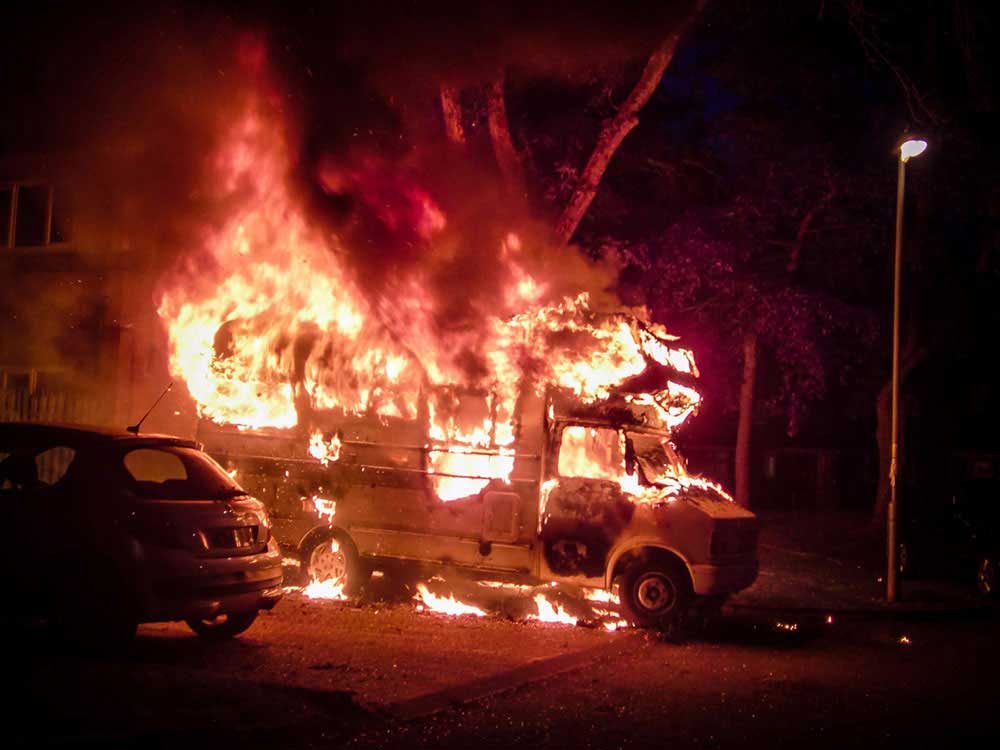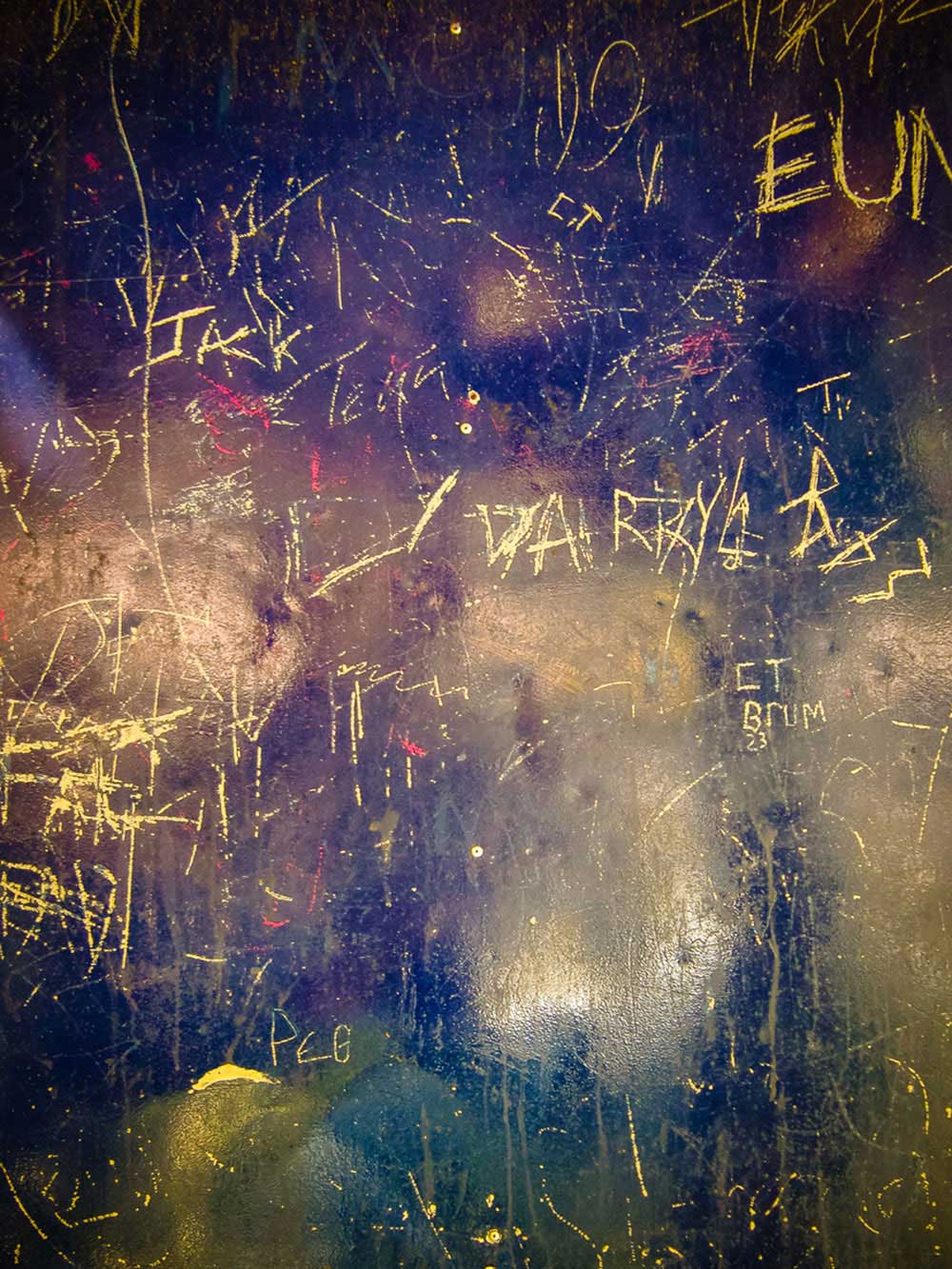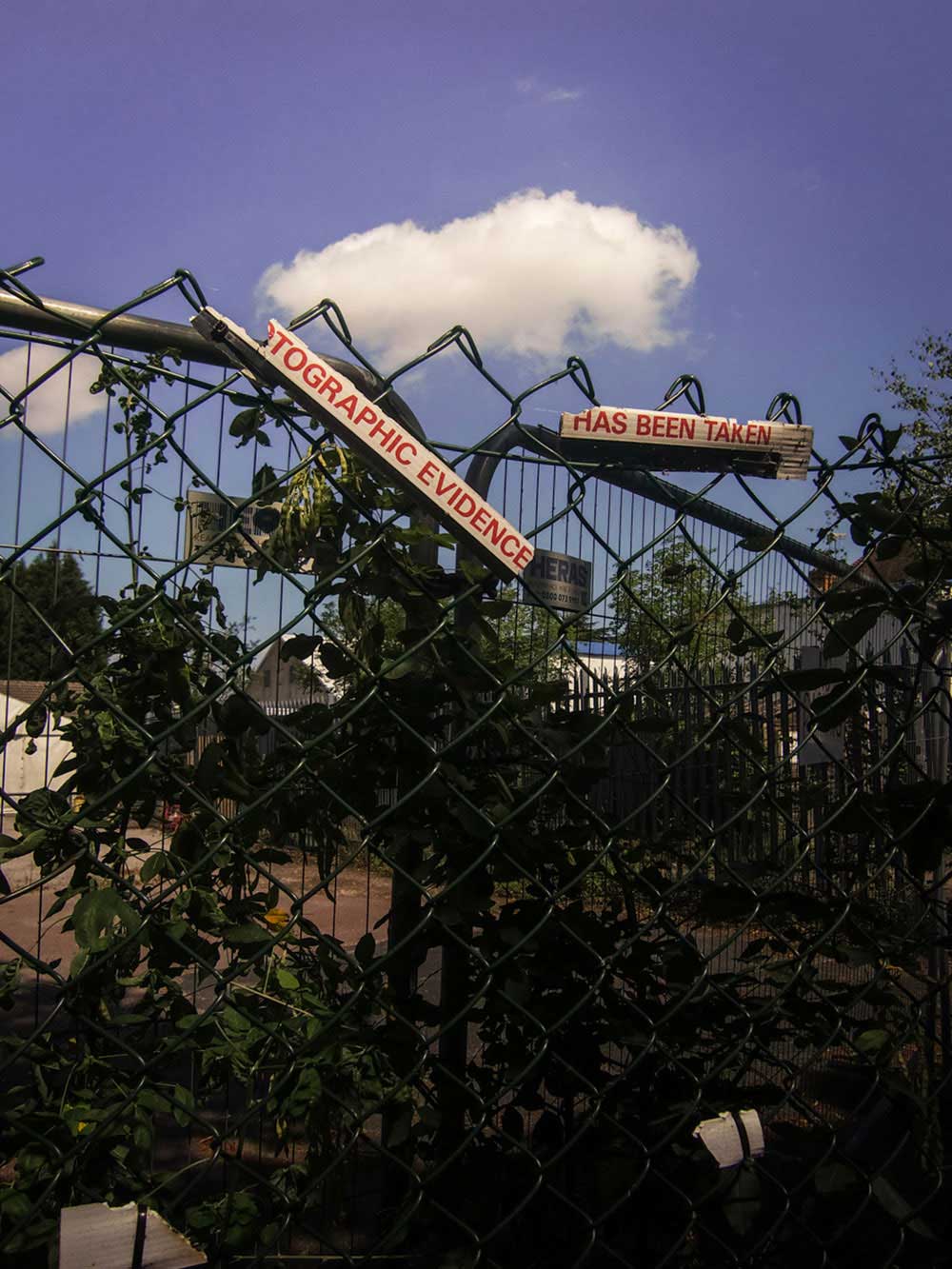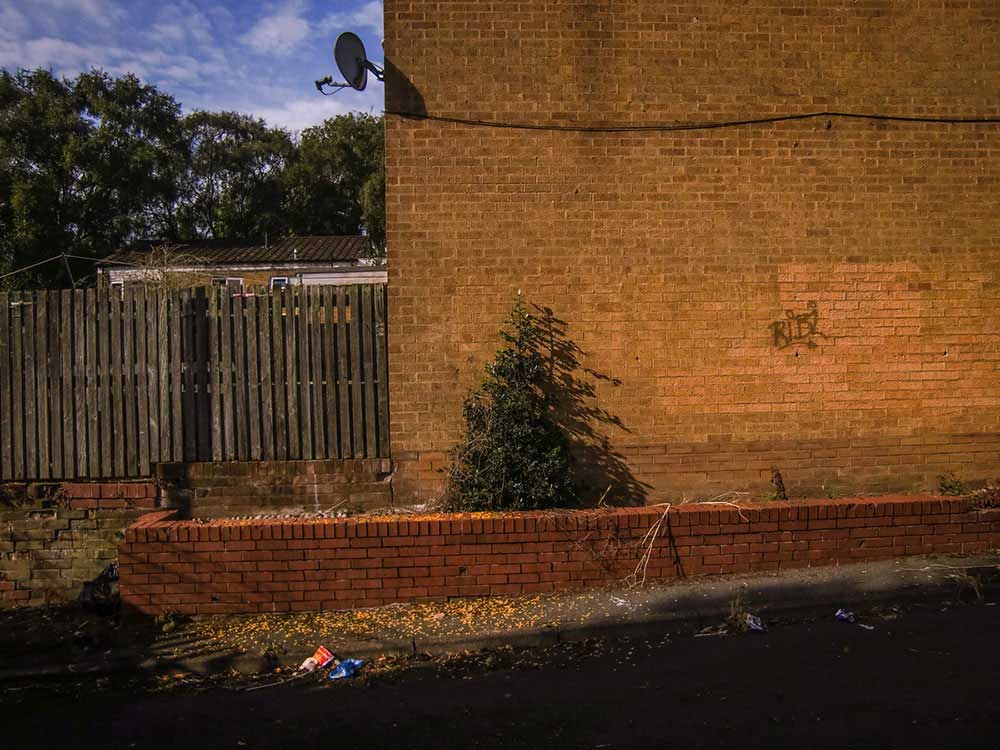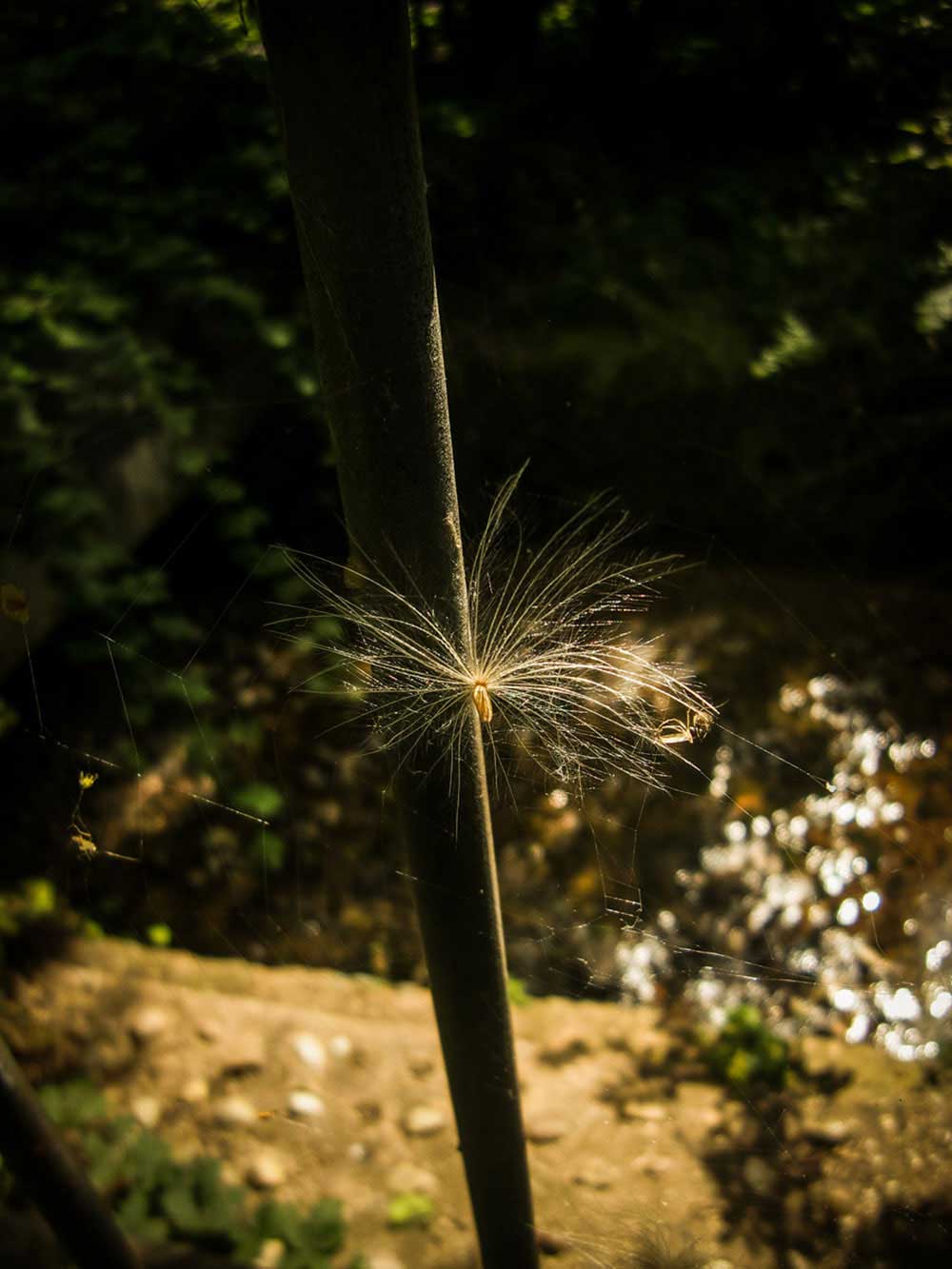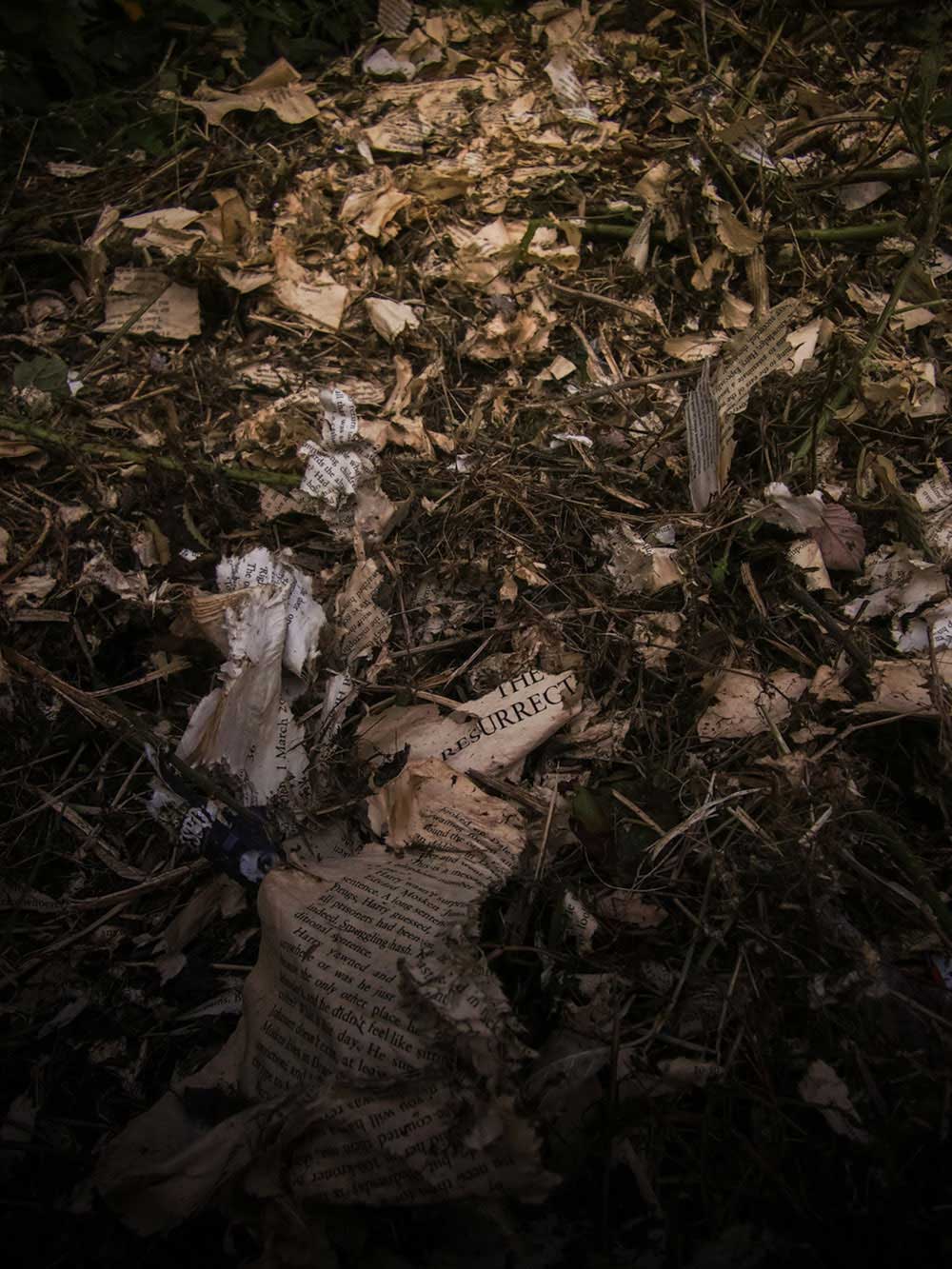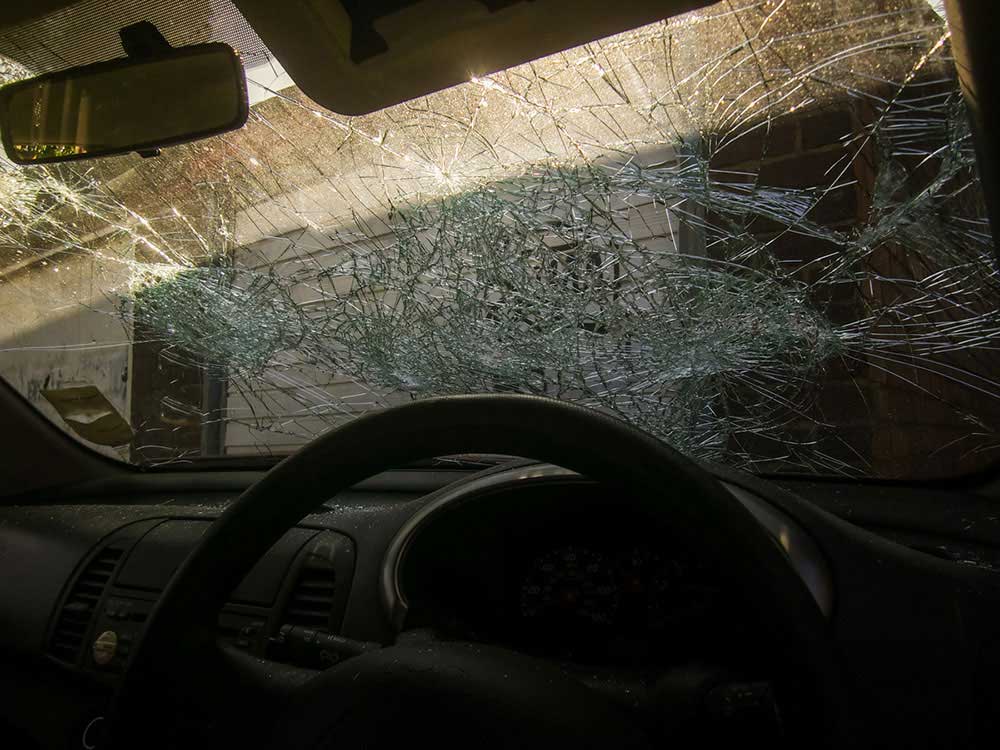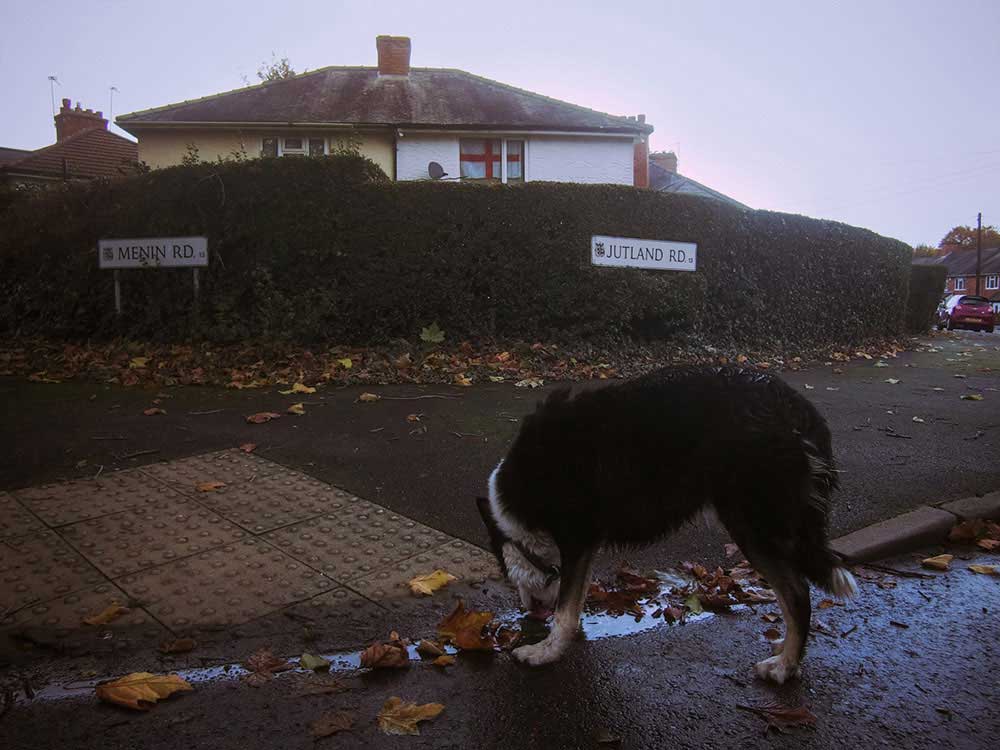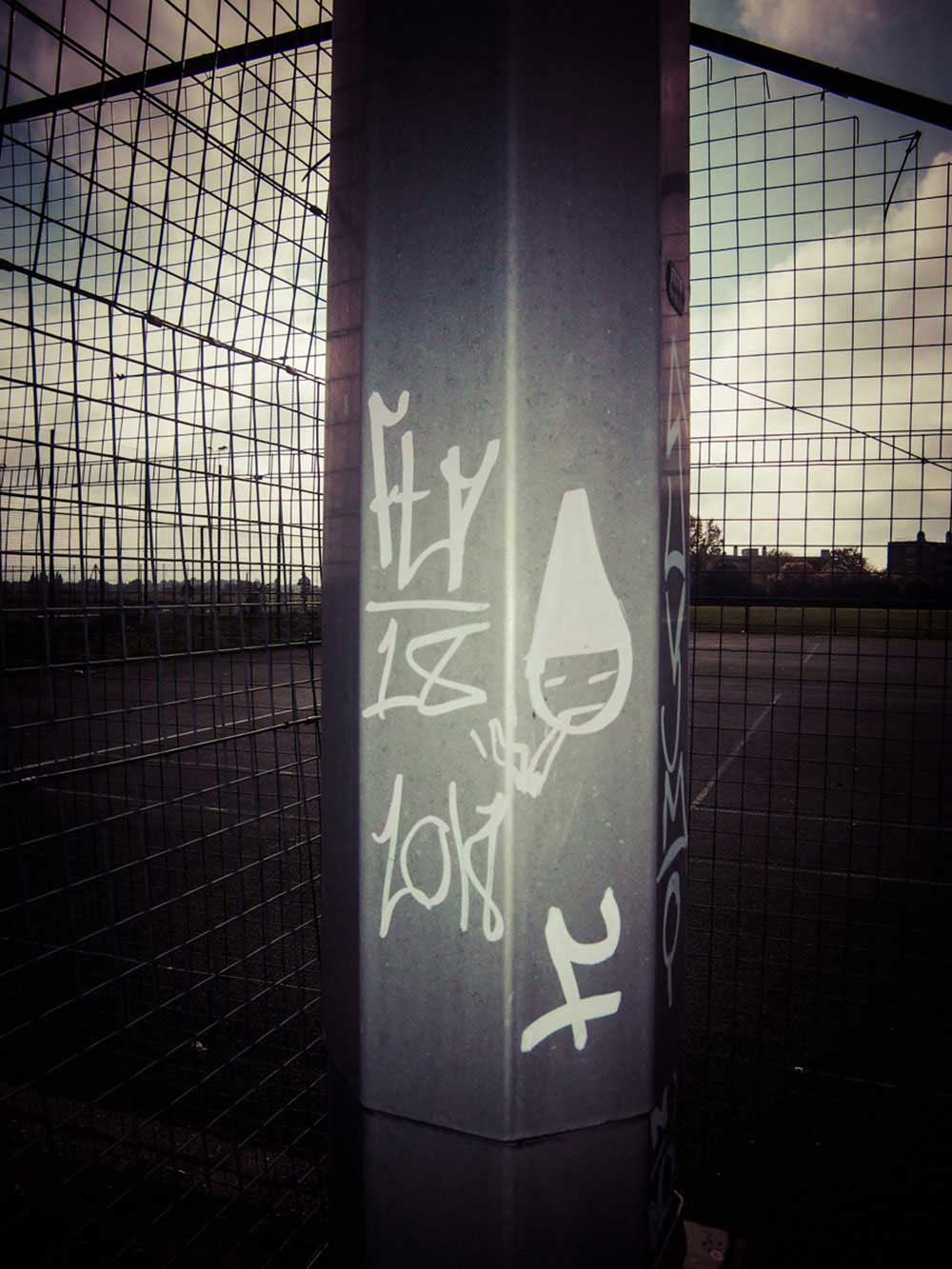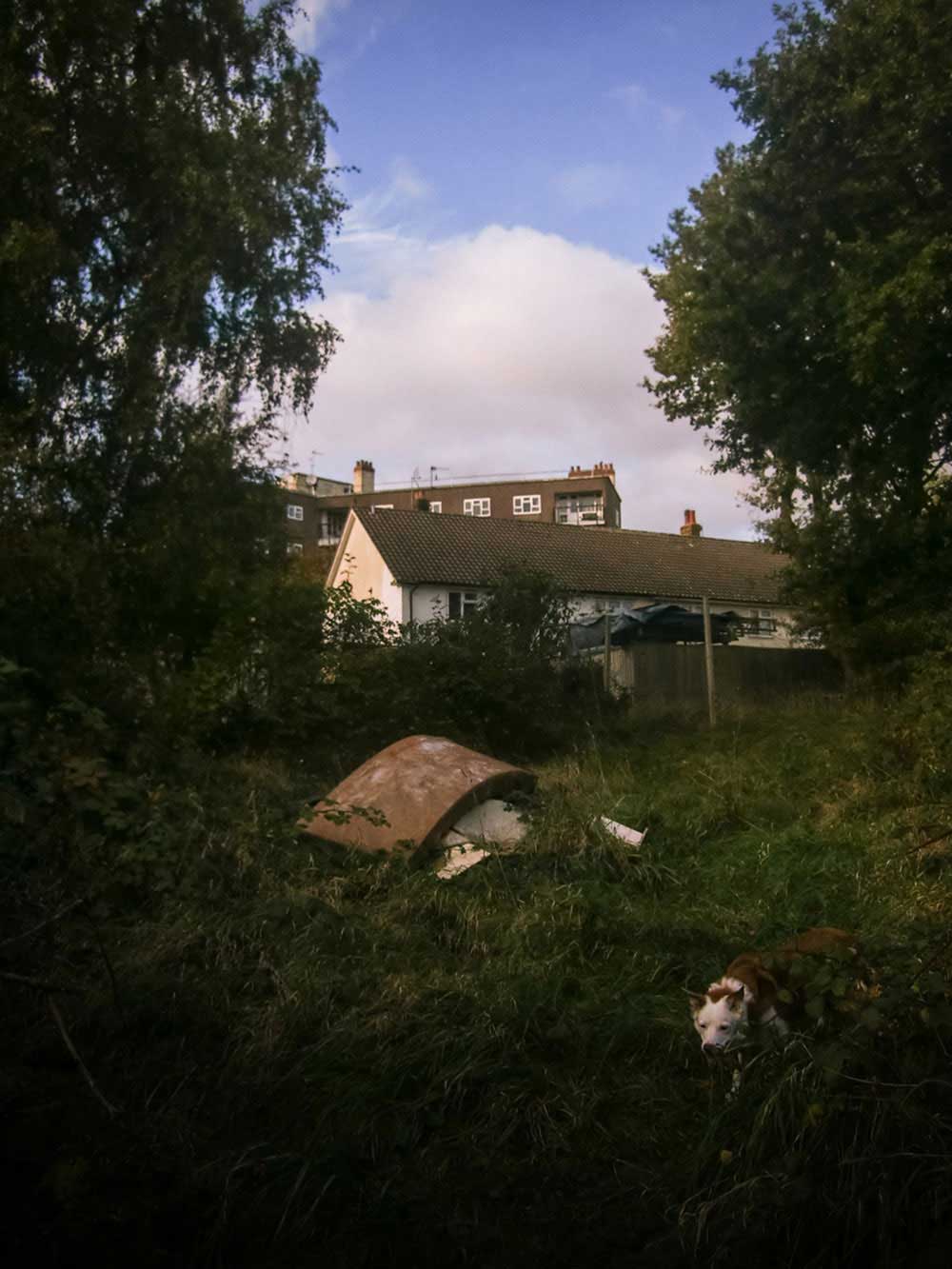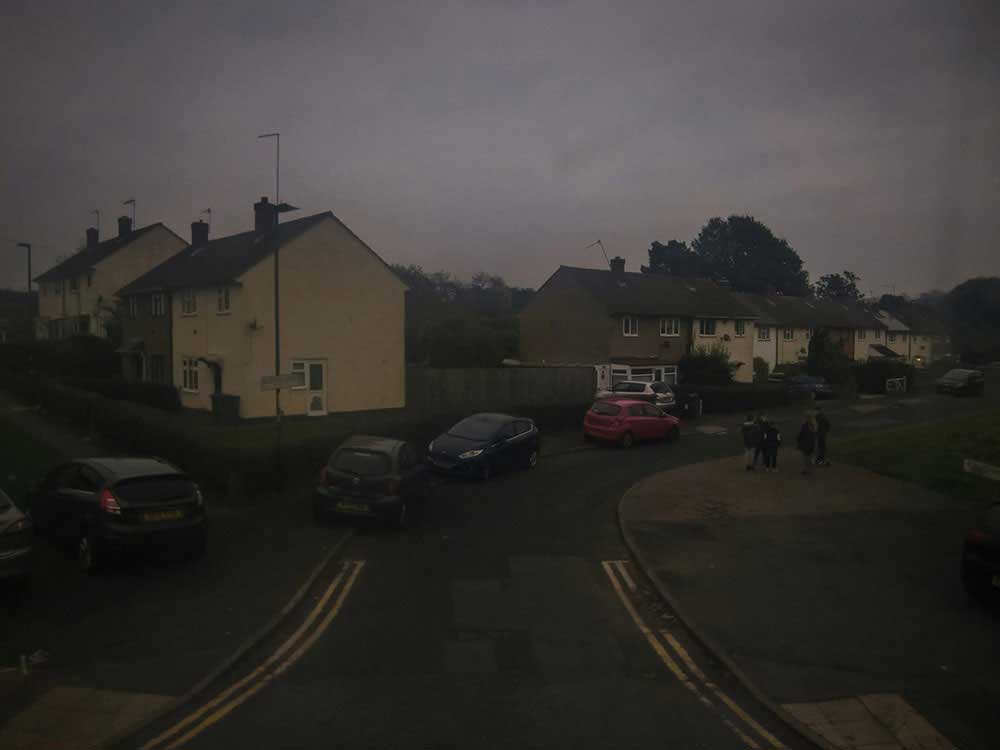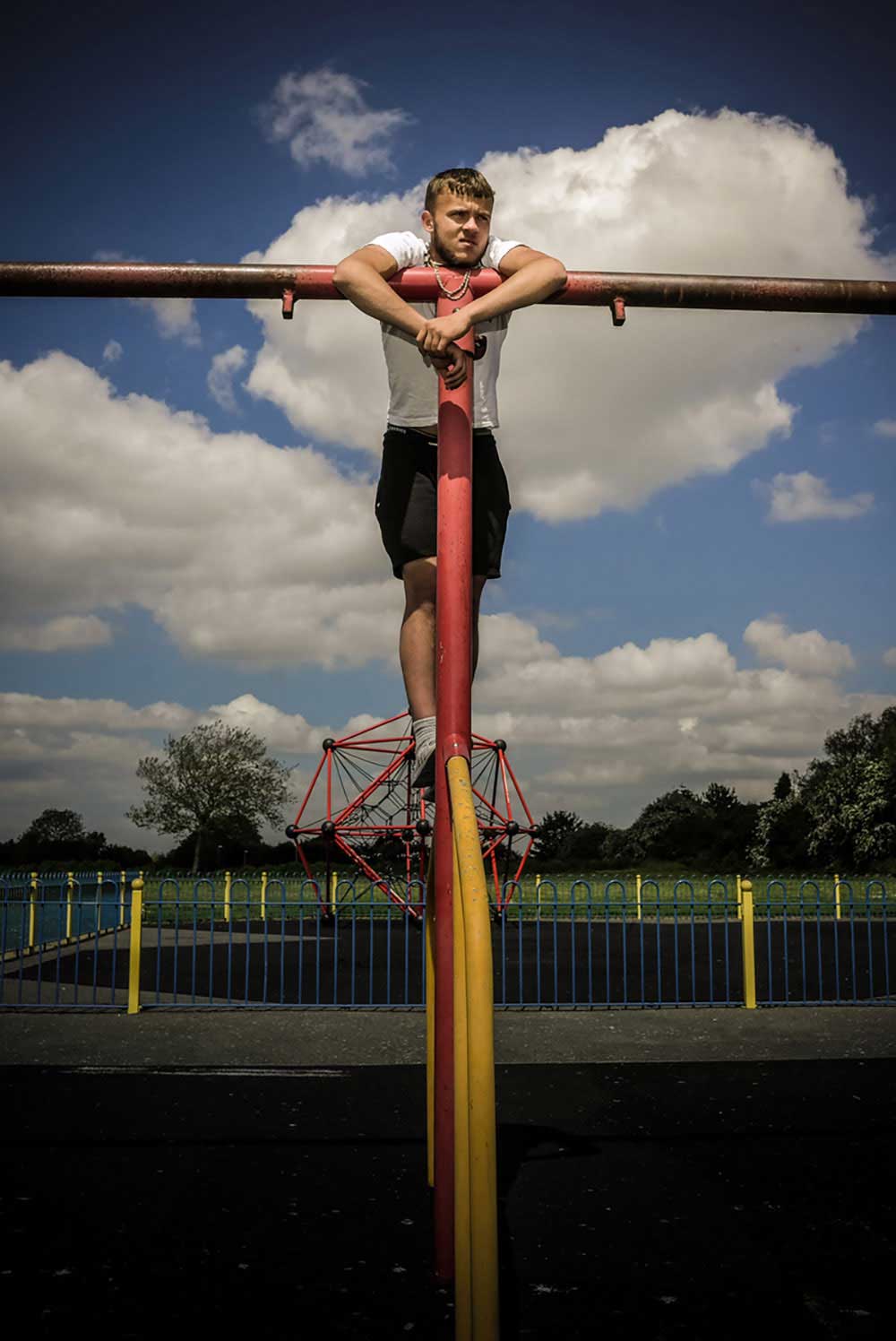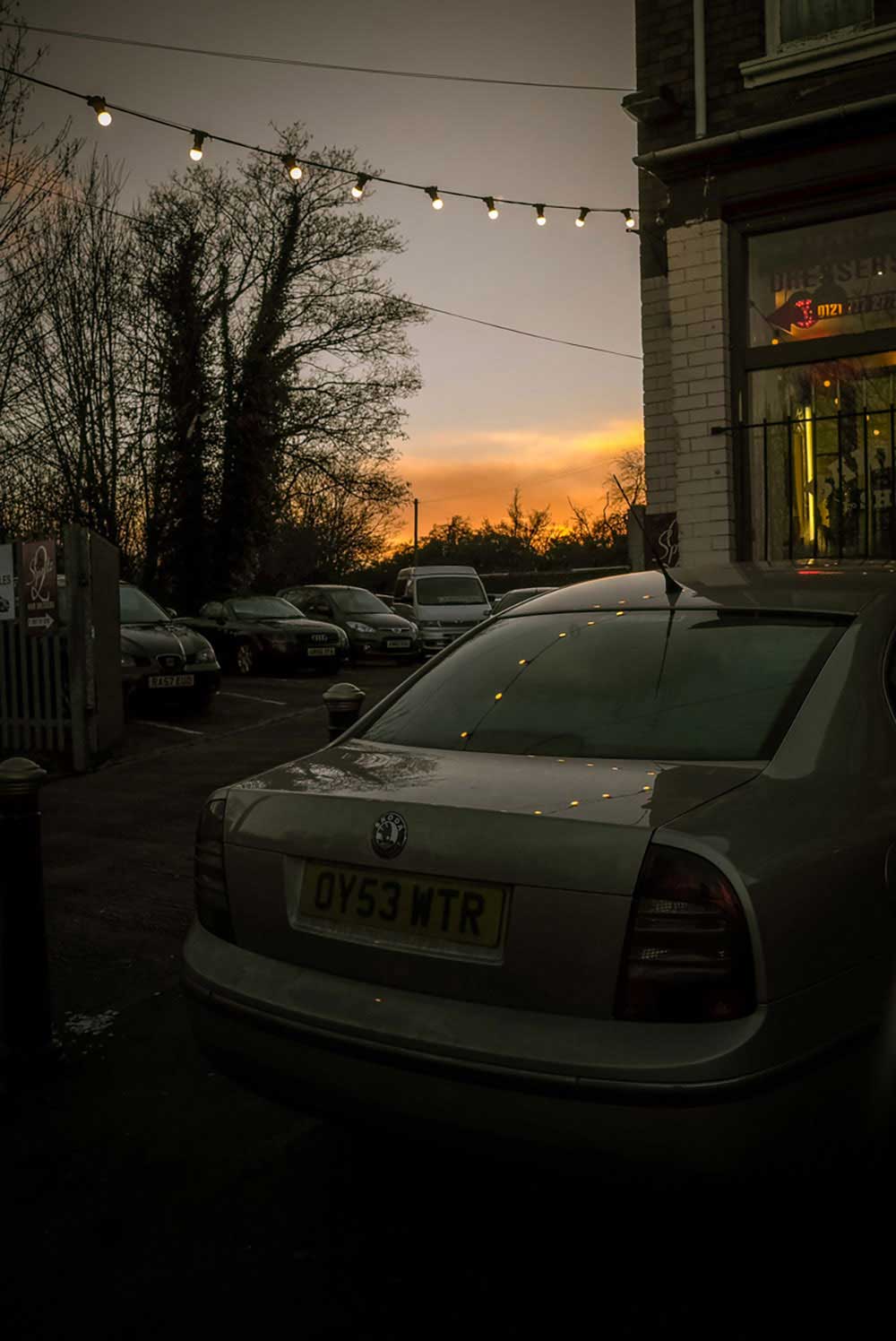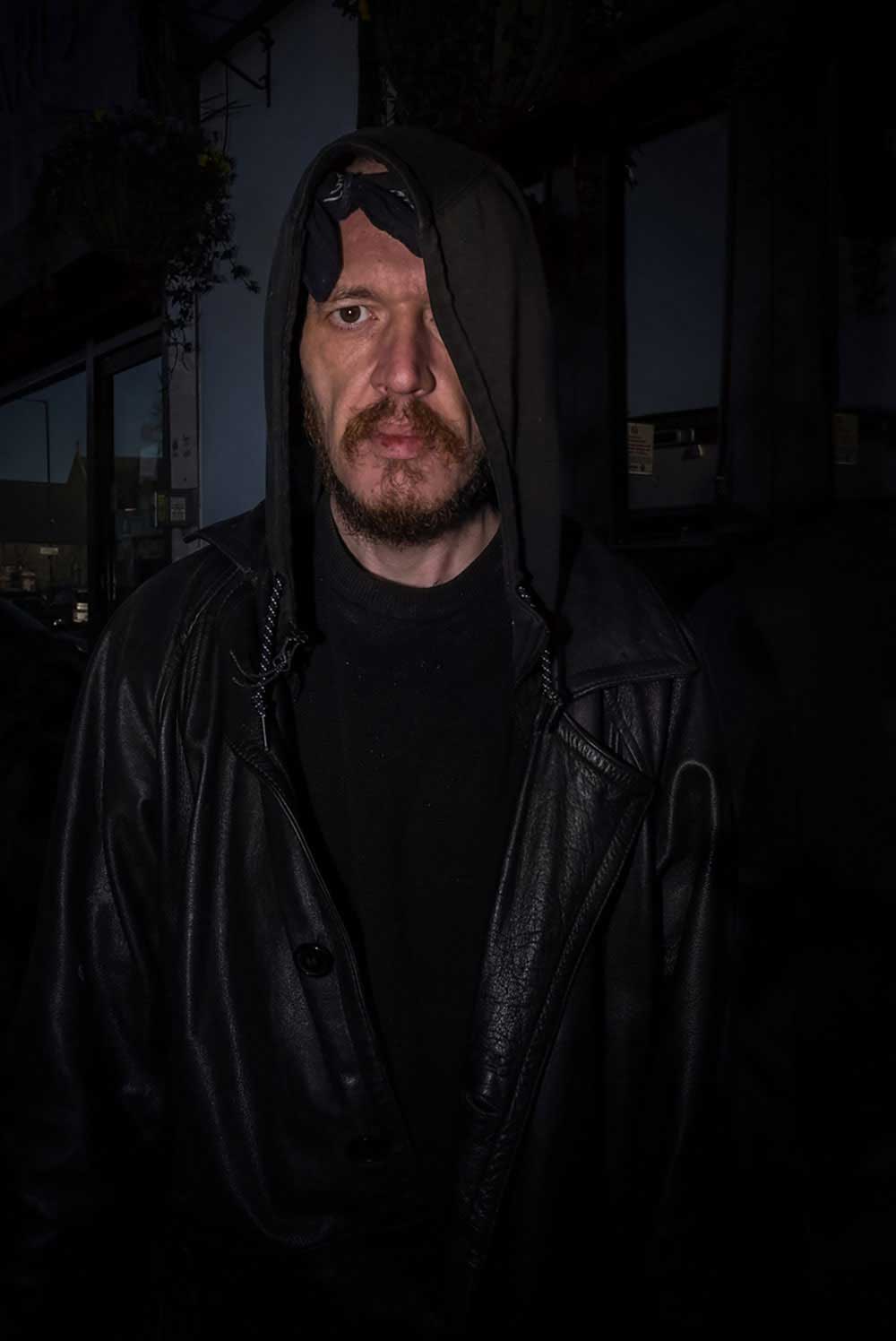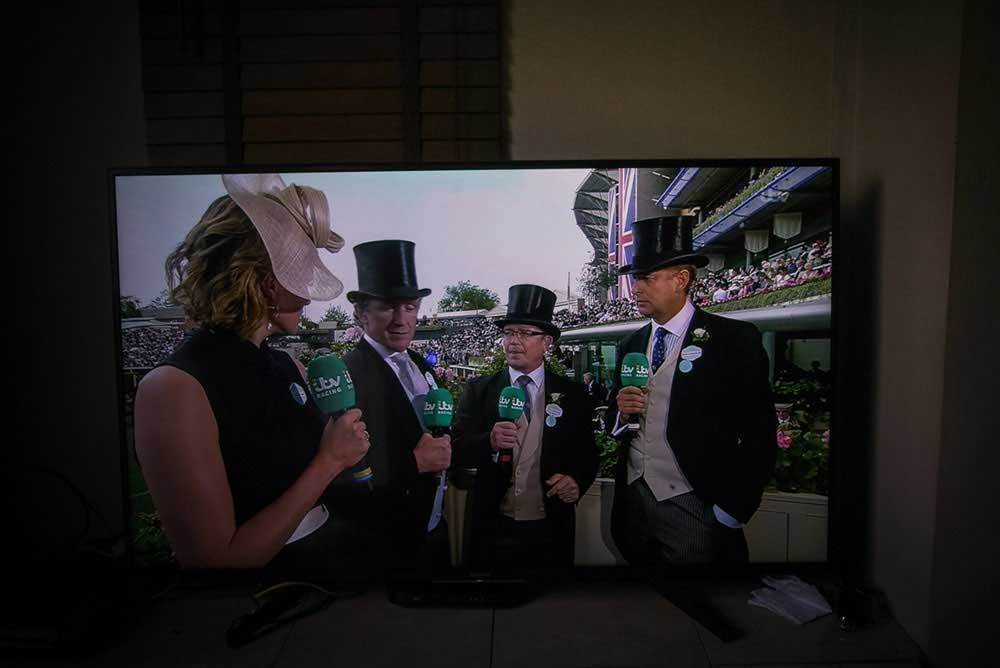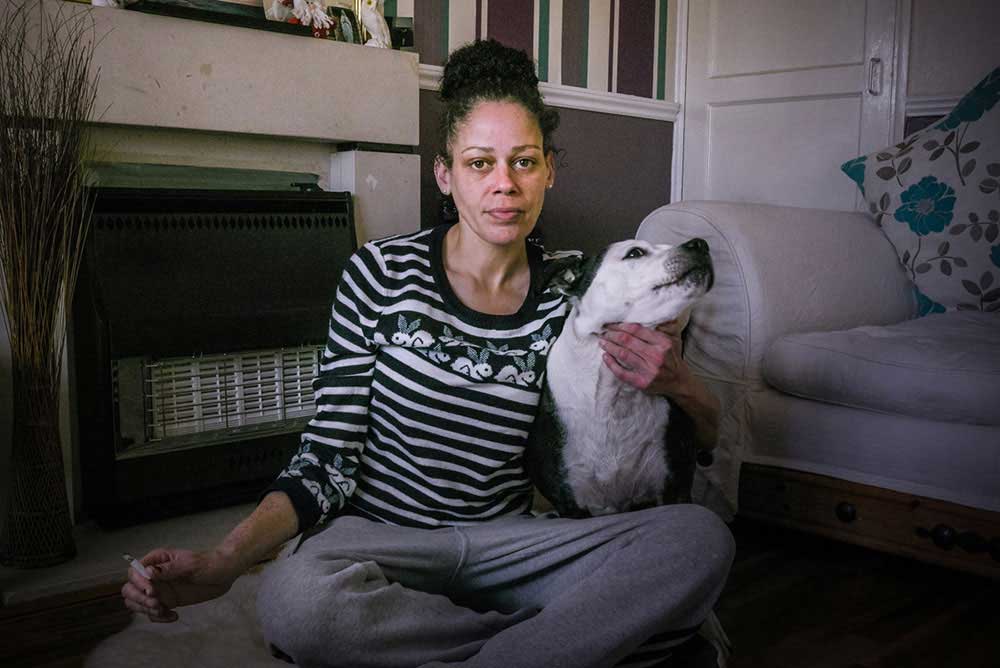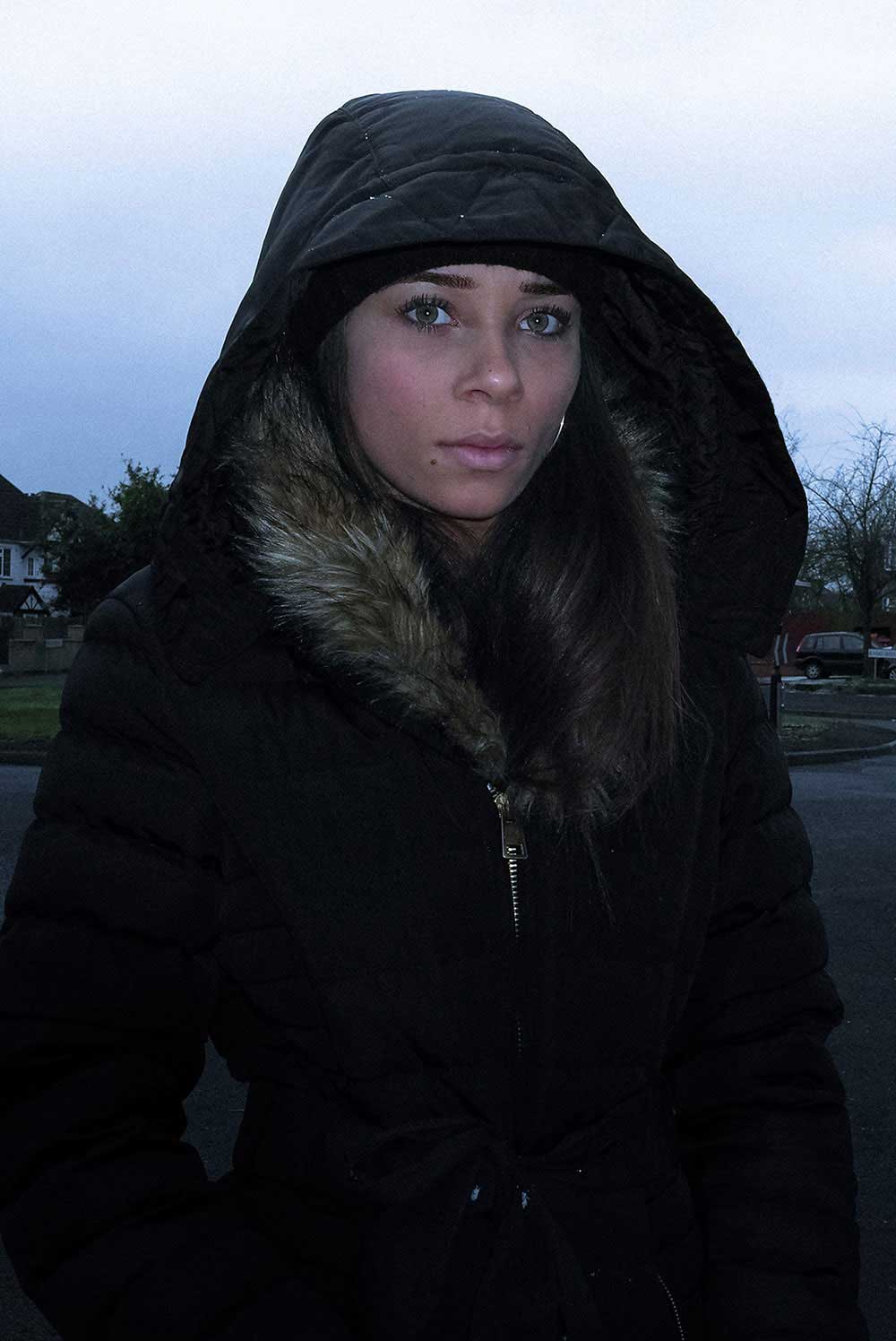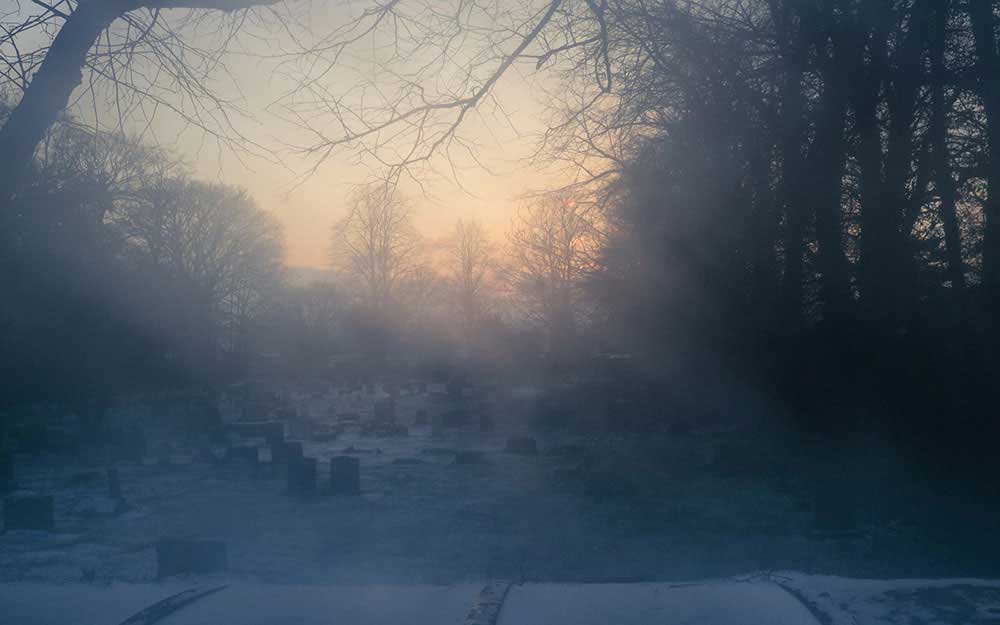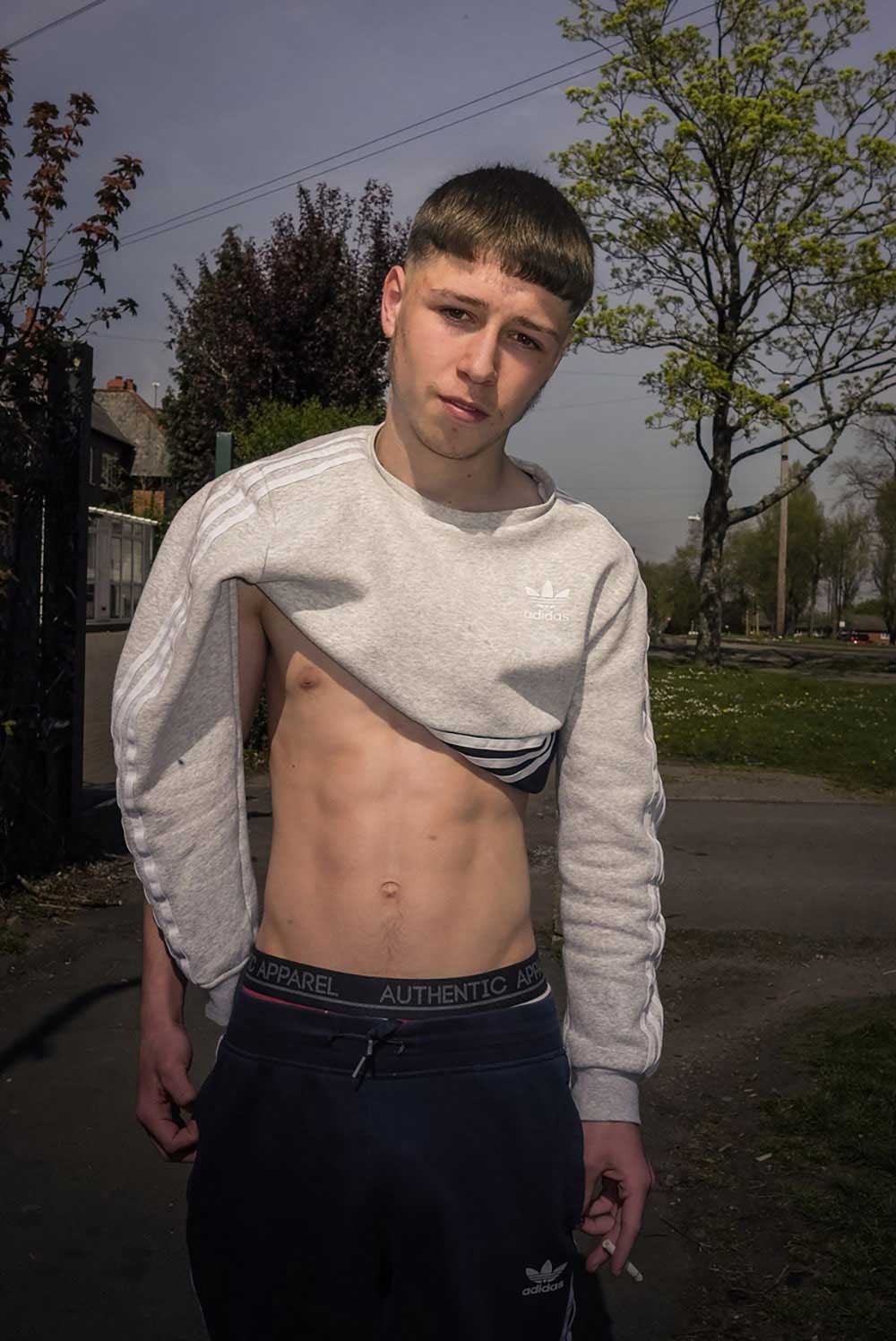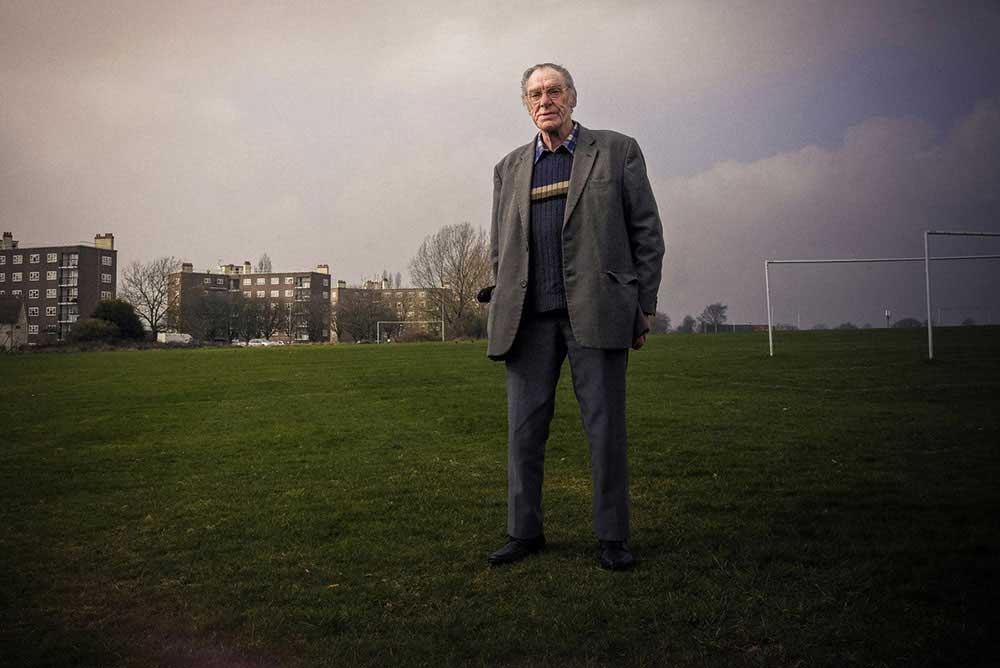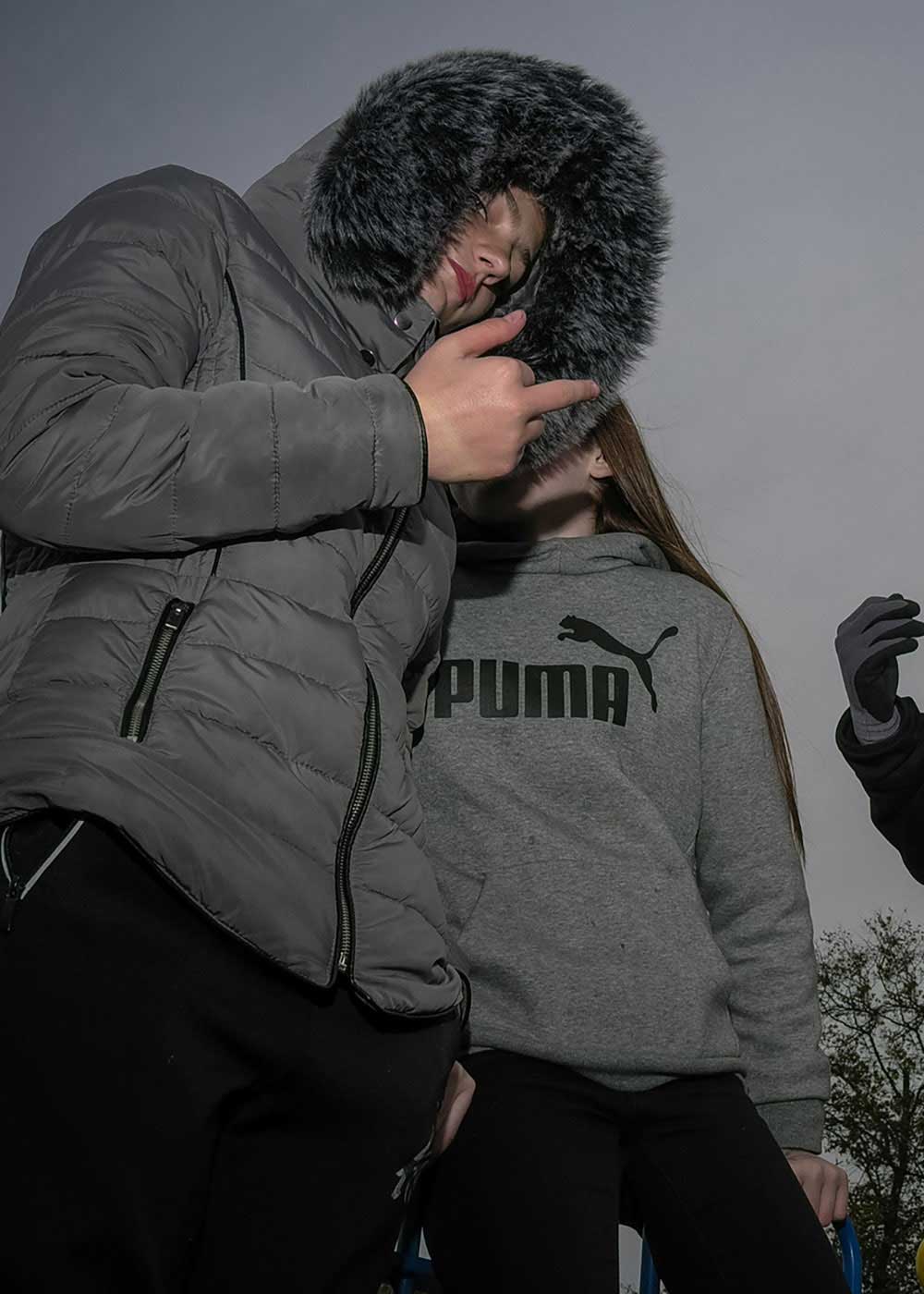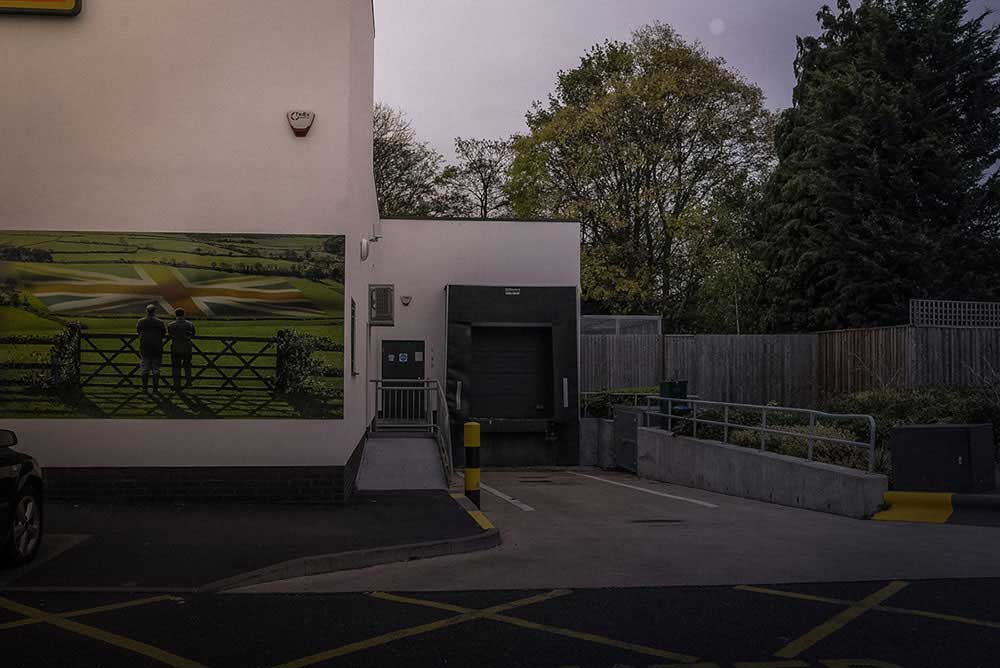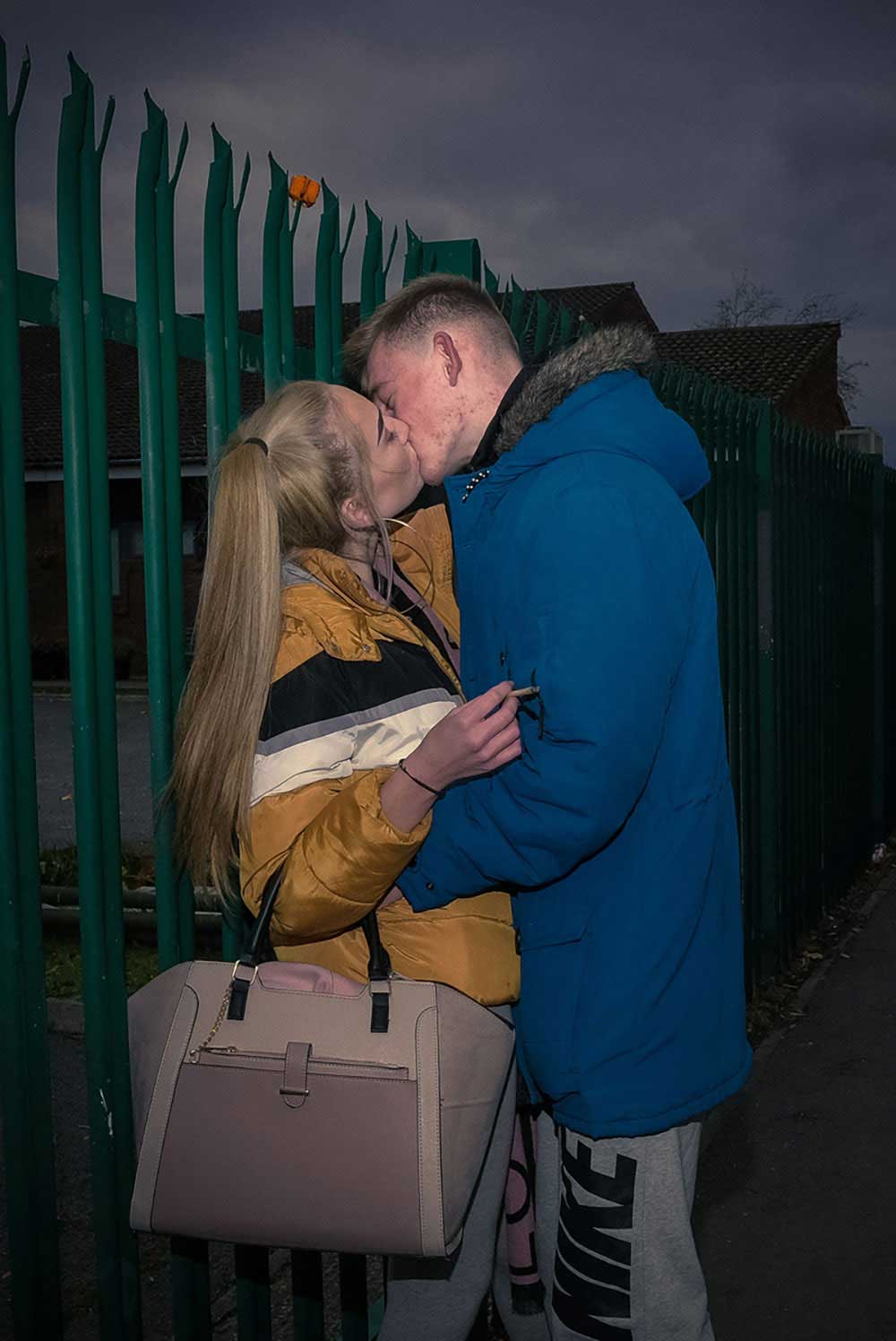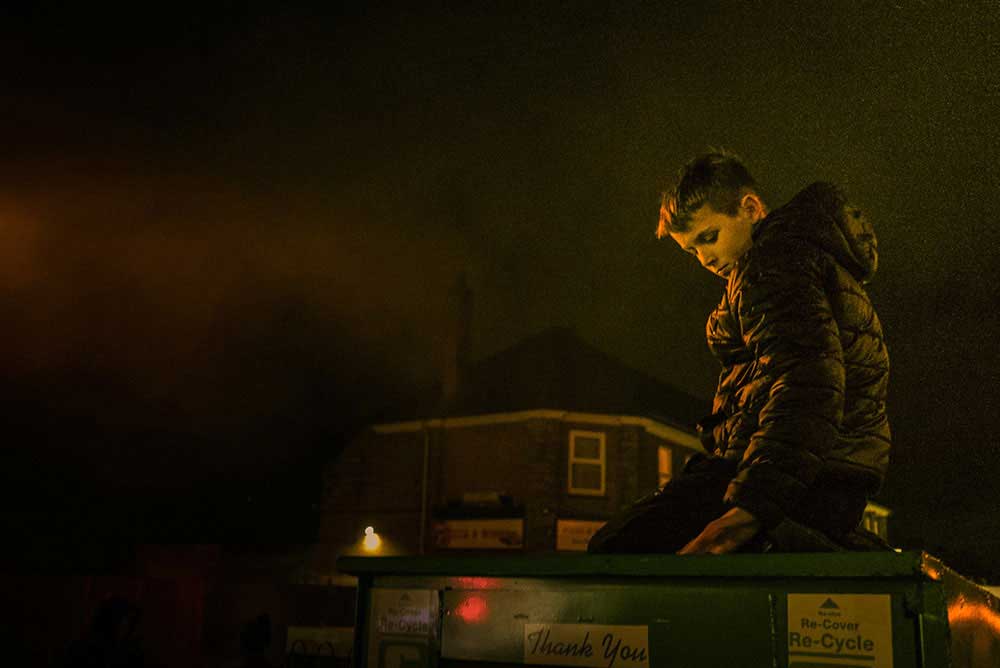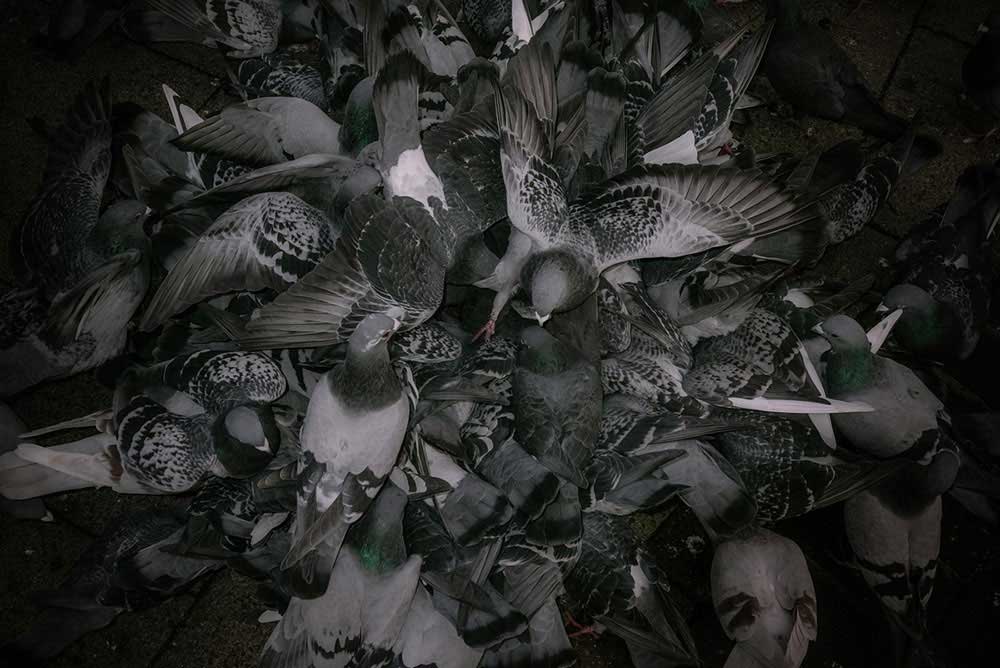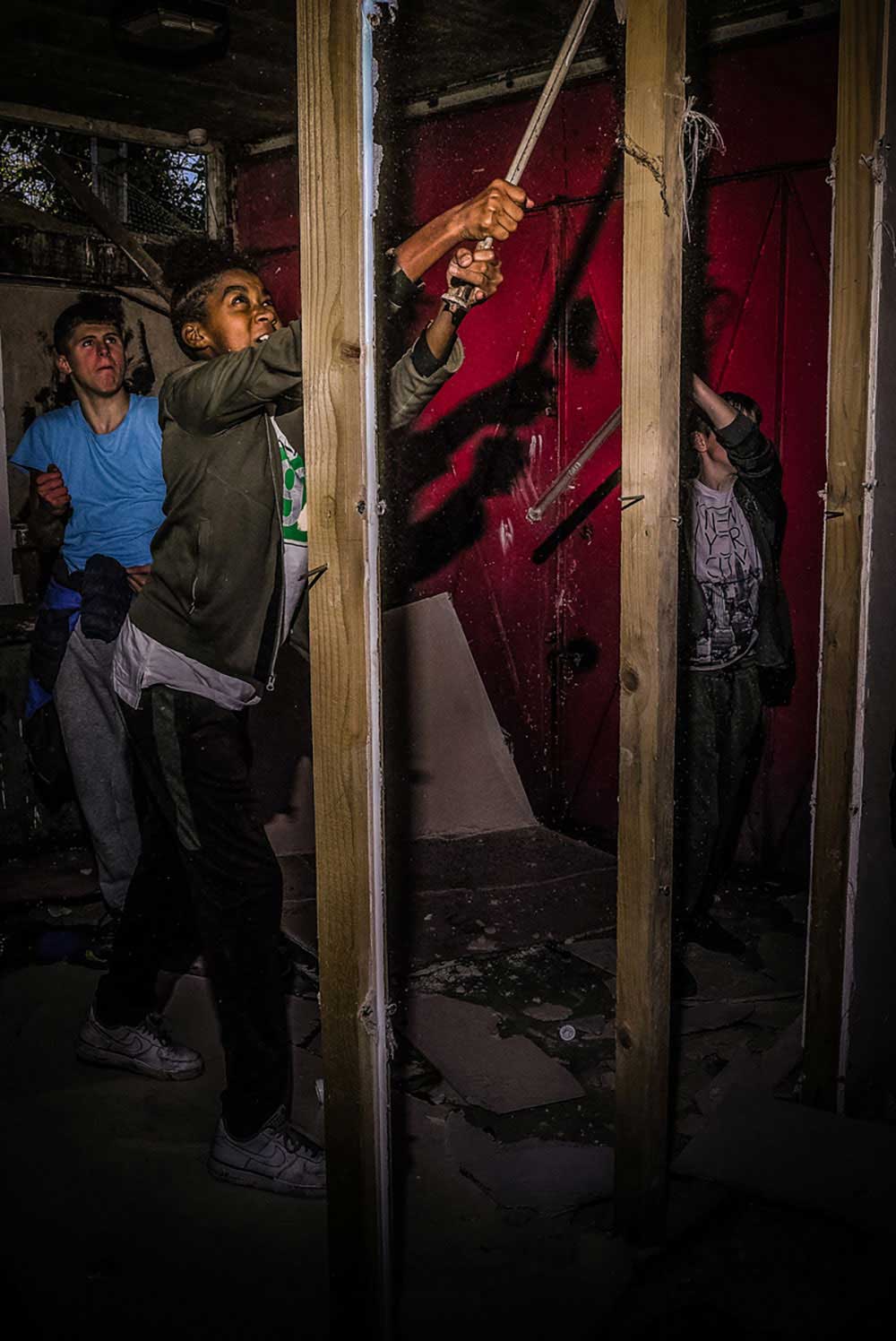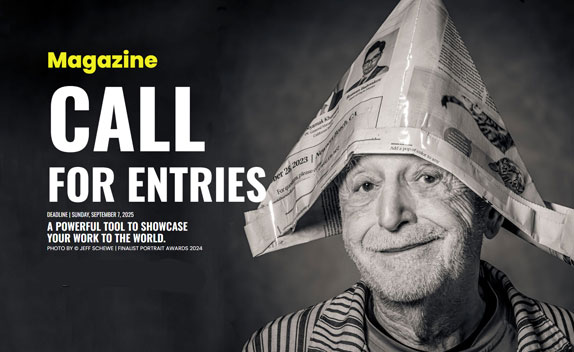Photography is a vital tool conserving and narrating collective and individual experiences in relation to community, identity and a sense of belonging.
I’m drawn to the edges of things, people and places that might commonly be overlooked. This has a lot to do with who I am and my own experience and background and my desire to photograph people from a similar background and experience and to represent their experiences in a complicated way. We create patterns with life in order that we can express it as a narrative. In the photograph, narrative is always something which is implied, a tiny fragment of life that is a subjective response to the complexity of the world.
The playwright Alan Bennet talking about Philip Larkin and specifically the poem, “I Remember, I Remember”, said, “I’d never imagined such experiences, or non-experiences, could be the stuff of poetry, still less the credentials for writing or that anybody could write not about something but the nothing that happens anywhere.”
This theme of the “nothing that happens anywhere” is central to my photography. The work that I have made over the past years relies on people and places that exist in the world which are then transformed by my imaginative vision of them. This style of documentary photography acknowledges the fragmentary complexities of the world, allowing ambiguity and contradiction to open up the work, like so many departures, journeys and roads that go on forever.
“There was so much I ought to have recorded,
So many lives that have vanished –
Families, neighbours; people whose pockets
Were worn thin by hope. They were
The loose change history spent without caring.
Now they have become the air I breathe,
Not to have marked their passing seems such a betrayal.”
– Brian Patten – “The Betrayal”
About Adrian Saker
Adrian Saker was born in Marston Green, a suburb of Birmingham (next to the airport). He was raised by his Mom, of whom he says, “did an incredible job under difficult circumstances.” At university he studied Art History and Philosophy. Following this, the next ten years were spent “doing stupid shit”, of which he says, ” there are no excuses or justifications, quite simply I should have known better!”
It was meeting his partner Viv, a musician, that inspired and helped him change his direction and with her encouragement, after she’d seen “a dusty old portfolio from college days”, he began making photographic work again. He is interested in long-form documentary projects that often take years to complete. His practice, he describes as “letting the ideas and themes emerge from the work itself.” Other notable interests that occupy him include, cats, the clash and christmas.


